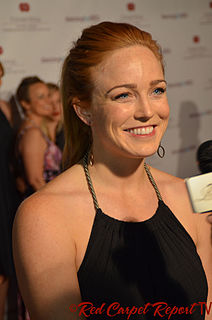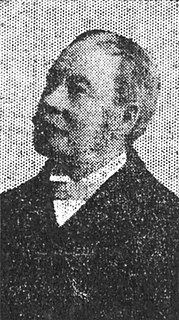A Quote by Chevy Chase
I've usually had two styles: the Fletch character and the Clark Griswold character.
Related Quotes
When I worked with Chevy Chase, Michael Ritchie would say, "Just ad lib and try to break me up. Just insult me. Anything." When we were doing his close-up, or when my back was to the camera, I would come up with jokes or quips or anything, to get a real reaction out of him. He was smart enough to know that was gold. So it was great fun working with him and Michael, and getting to see how the two worked together. I think Fletch and Clark Griswold were Chevy's two best roles. He's so incredibly talented and still vastly underused.
The (Sir Arthur Conan Doyle) stories were great, for one. The thing that makes him a remarkable character is how he can withstand all of these different interpretations and different styles and, that's what makes a classic character a classic character; they keep coming back and you see them in a new way every time.
When you are writing, you have to love all your characters. If you're writing something from a minor character's point of view, you really need to stop and say the purpose of this character isn't to be somebody's sidekick or to come in and put the horse in the stable. The purpose of this character is you're getting a little window into that character's life and that character's day. You have to write them as if they're not a minor character, because they do have their own things going on.
I think that when you look at the great politicians, the two greatest in my view were George Washington and Abraham Lincoln, they certainly had character traits. You also know Abraham Lincoln overcame severe depression problems that he had when he was younger, which gave him the strength and the character later on.
If you do a black character or a female character or an Asian character, then they aren't just that character. They represent that race or that sex, and they can't be interesting because everything they do has to represent an entire block of people. You know, Superman isn't all white people and neither is Lex Luthor. We knew we had to present a range of characters within each ethnic group, which means that we couldn't do just one book. We had to do a series of books and we had to present a view of the world that's wider than the world we've seen before.
Reputation is seeming; character is being. Reputation is manufactured; character is grown. Reputation is your photograph; There is a vast difference between character and reputation. Reputation is what men think we are; character is what God knows us to be. Reputation is seeming; character is being. Reputation is the breath of men; character is the inbreathing of the eternal God. One may for a time have a good reputation and a bad character, or the reverse ; but not for long.


































